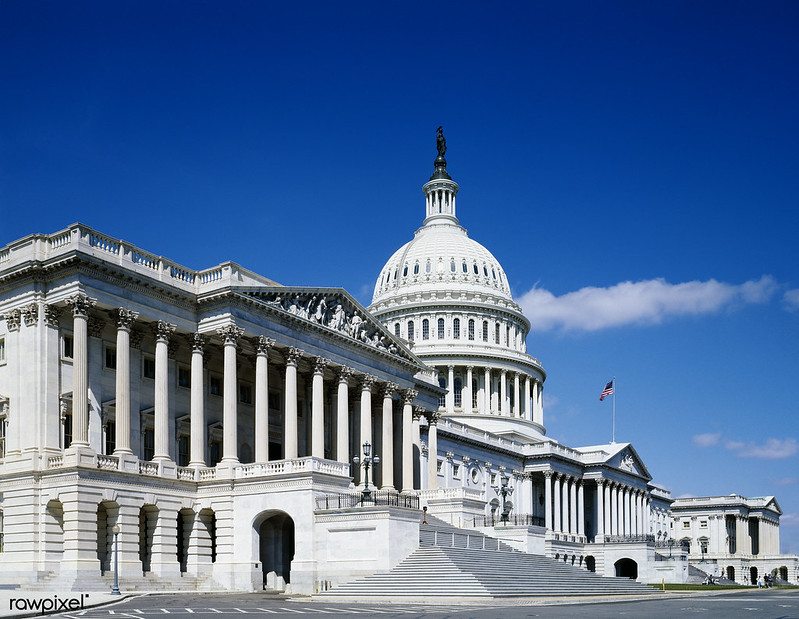WIP leadership briefs congressional staff on Trump administration’s web censorship of Affordable Care Act
Free Public Domain Illustrations by rawpixel Flickr via Compfightcc
Leaders of the Web Integrity Project (WIP) met with congressional staff on Friday, May 17, to provide a briefing on our latest report entitled “Erasing the Affordable Care Act: Using Government Web Censorship to Undermine the Law,” and to discuss recommendations for better web governance at the federal level. About ten staffers from a variety of offices attended the meeting, which was hosted by the House Committee on Energy and Commerce.
Attendees heard from WIP’s Director, Rachel Bergman, and Sarah John, Director of Research, about the broad pattern of changes to ACA-related materials WIP has observed. As detailed in our report, which was issued last week, the Department of Health and Human Services in at least 26 instances altered materials in ways that de-emphasized the law.
Notable changes included removal of information about services available under the law, the excision of statistics related to the law and its effects, and even the targeted removal of the term “Affordable Care Act” itself. The report argues that efforts to manipulate public information on the web supplements other anti-ACA efforts by the Trump administration, and could contribute to weakening public support for the landmark healthcare law.
After offering a history of WIP’s work and presenting highlights from the report, Bergman and John took questions from congressional staffers, offering information about our ongoing litigation under the Freedom of Information Act and our previous reporting on the Office of Juvenile Justice and Delinquency Prevention. John said she felt the presentation was “well received,” and that she’s optimistic officials will look for ways to develop better web governance practices in line with recommendations in the report.
“People rely on government websites to be accurate and impartial,” John said. “But the ease with which websites can be changed, and the absence of regulation of agency behavior, mean that censorship on federal government websites is common.”


